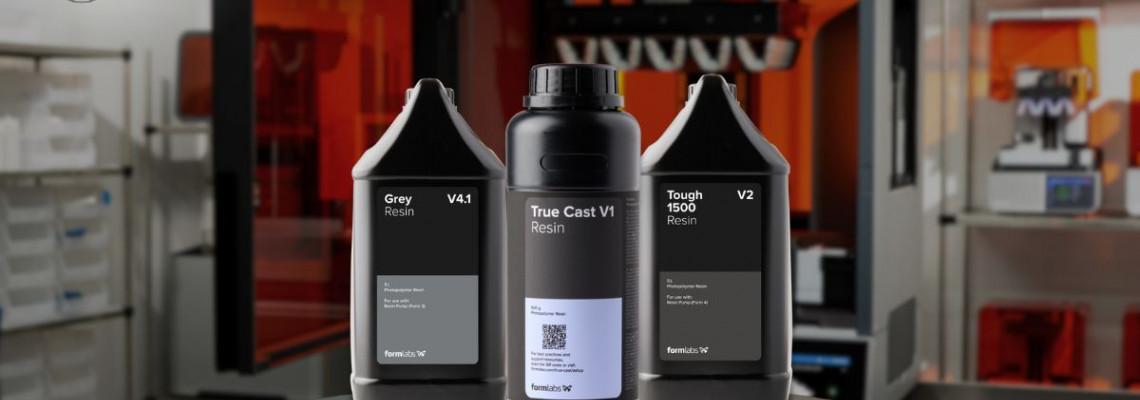
A detailed review of Grey Resin V4.1, Tough 1500 V2, and True Cast Resin
Analyzing their characteristics and direct impact on the quality of prototypes, functional parts, and casting master patterns
Recently, 3Ddevice hosted a technical webinar focused on the new generation of Formlabs engineering resins. In additive manufacturing, selecting the right material is just as critical as the 3D modeling or printer setup itself. Often, the photopolymer's properties dictate whether a prototype will fulfill its purpose: whether it will pass functional testing, be accurately assessed visually, or be transformed into a flawless metal casting.
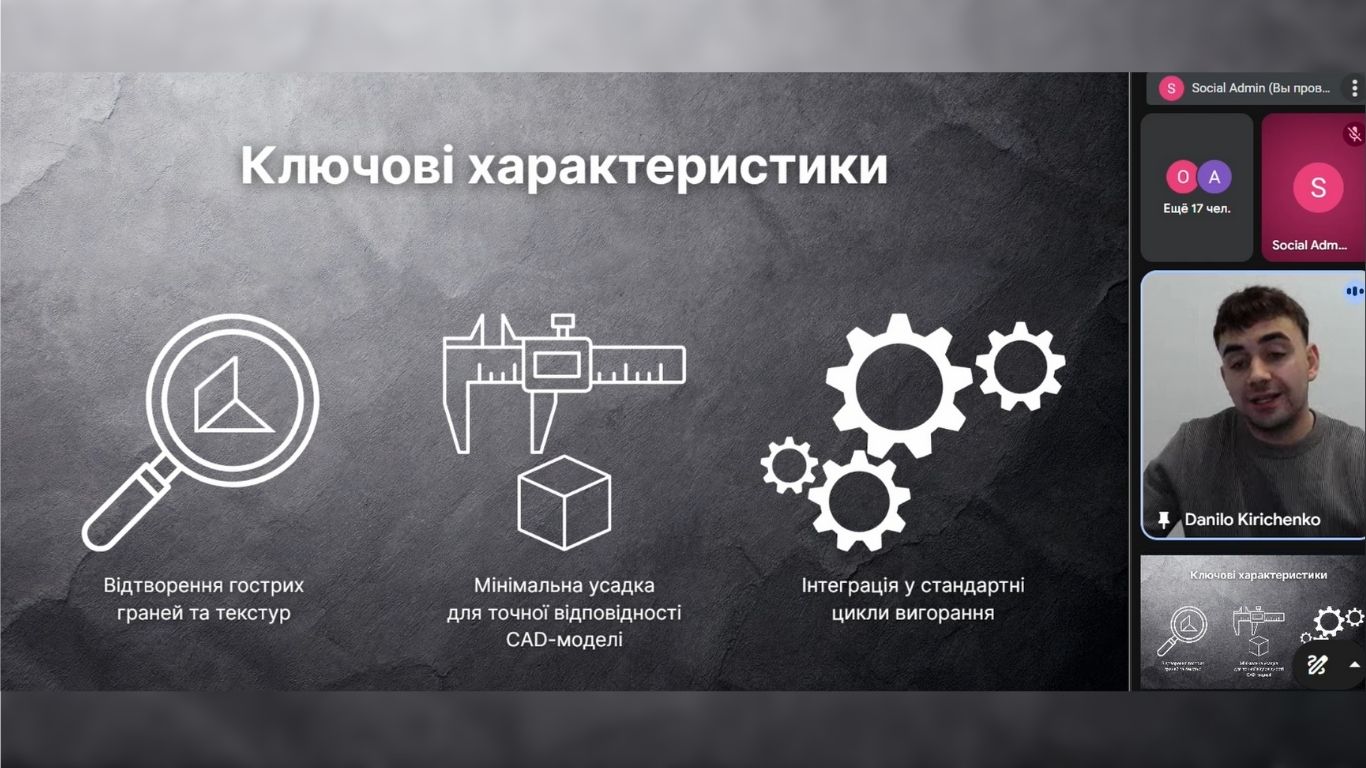
The goal of our review was not merely to list specifications but to provide engineers, designers, and casting specialists with a clear technical framework for selecting the right material for a specific task. The focus fell on three key resins, each filling a specific niche in R&D and manufacturing processes.
1. Grey Resin V4.1: When Visual Accuracy is the Priority
The primary task of any prototype is to allow for an objective assessment of its design and ergonomics. Standard glossy resins often present a challenge: they produce glare, which highlights print layer lines and distorts the perception of the form.
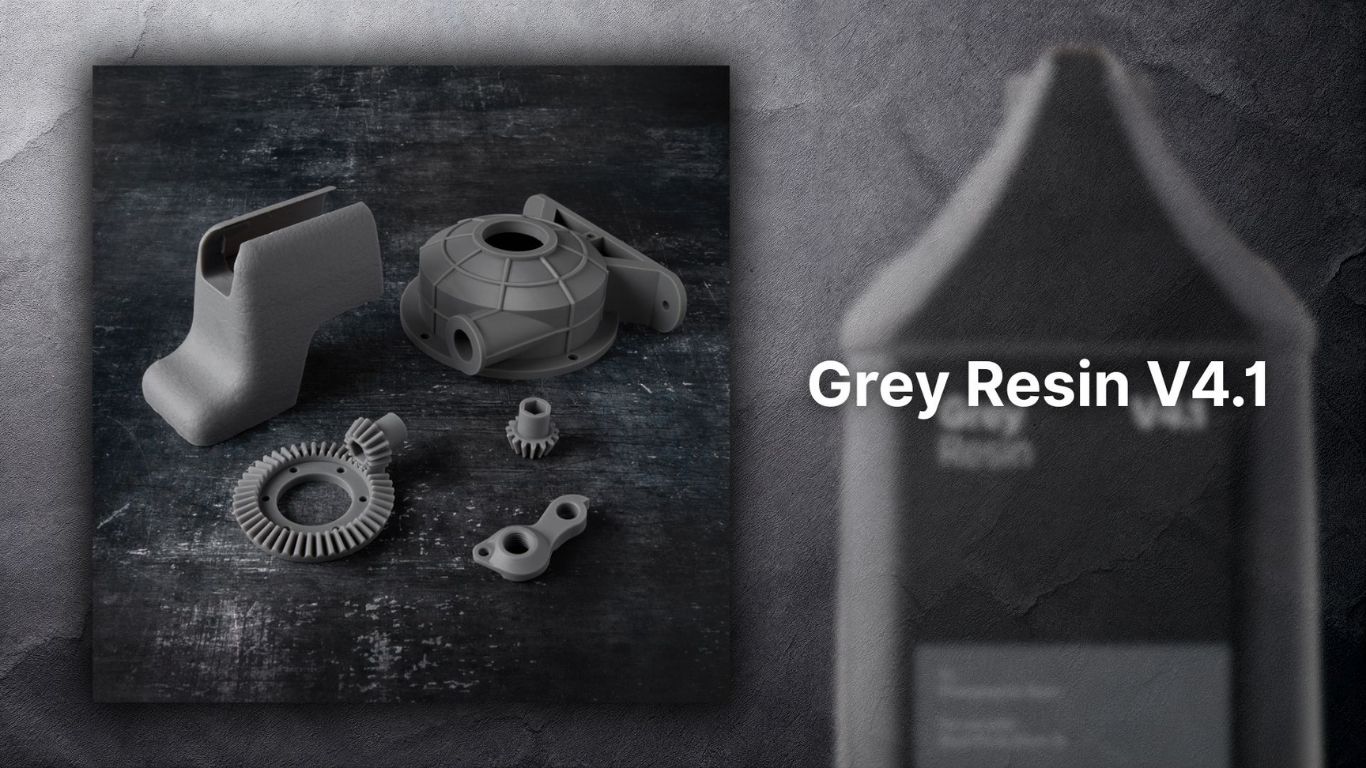
Grey Resin V4.1 solves this challenge with its matte surface finish—which is an engineering solution, not just an aesthetic choice. It diffusely scatters light, neutralizing the visual perception of layers. This results in a monolithic-looking part, with an appearance closely approximating an injection-molded component.
During the webinar, we also highlighted the key update in V4.1 over V4: increased impact strength. In practice, this means the prototype is less brittle and can withstand handling during post-processing or demonstration, reducing the risk of damage before a presentation.
2. Tough 1500 V2: Functional Testing Analogous to PP
When visual assessment is insufficient and a prototype must be "functional," engineering resins come into play. Tough 1500 V2 is a material designed to simulate the properties of one of the most common industrial plastics: polypropylene (PP).
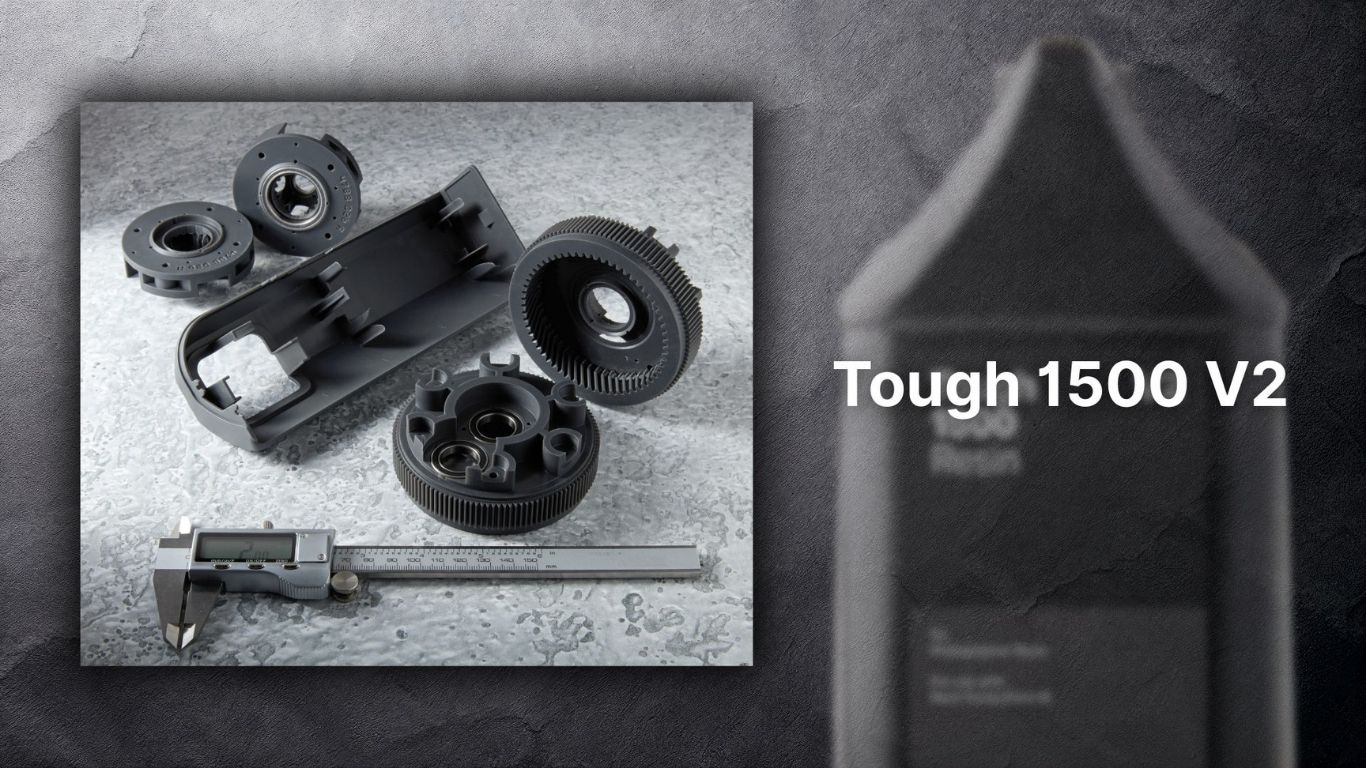
Its modulus of elasticity (approx. 1500 MPa) provides a balance of stiffness and flexibility. This allows engineers to test a part's behavior—such as the performance of snap-fits, hinges, or fasteners—under conditions approaching real-world use. A prototype made with Tough 1500 V2 can undergo deformation and return to its original shape without failure.
The V2 update, especially when paired with the Form 4 platform, demonstrates significantly higher tear strength, enabling the creation of robust manufacturing aids (jigs and fixtures) and functional assemblies for real-world field testing.
3. True Cast Resin: Technical Purity for Flawless Casting
The third segment of the webinar was dedicated to a highly specialized application: investment casting (lost-wax casting), which is critical for the jewelry and dental industries.
Here, the key advantage of True Cast Resin boils down to a single figure: an ash residue of no more than 0.03%.
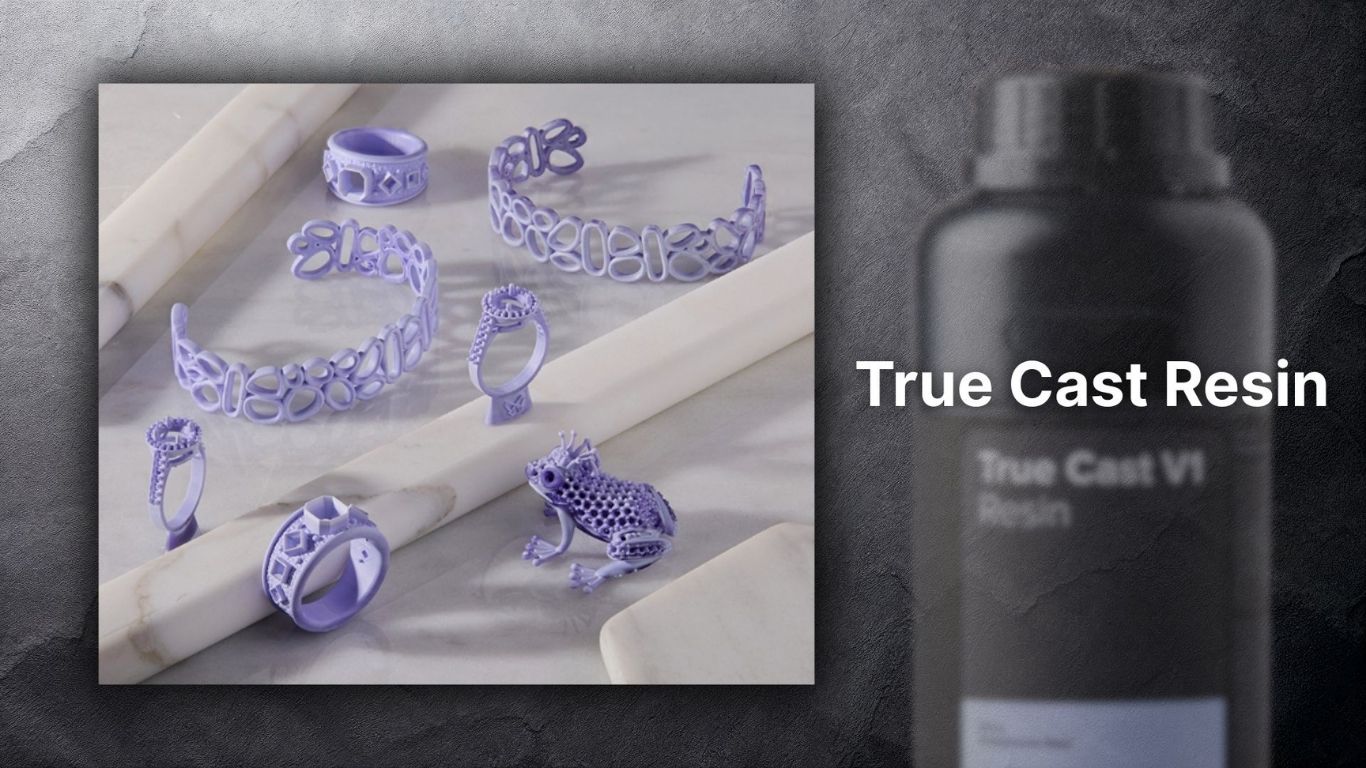
In practice, this translates to a complete, clean burnout of the pattern from the investment mold, leaving no soot or ash. It is precisely this residue from non-specialized resins that is the primary cause of surface defects (such as porosity and pits) on the final metal casting. The use of True Cast Resin minimizes, and often completely eliminates, the need for complex manual metal finishing.
Additional advantages include high resolution for reproducing sharp edges and micro-textures, as well as dimensional stability, which ensures the final casting precisely matches the original CAD model.
Selecting the right material is always a trade-off between mechanical, thermal, and visual characteristics. Understanding the deep technical distinctions between these resins allows engineers and designers to accelerate iterations, reduce prototyping costs, and enhance the quality of the final product.
Full Webinar Recording Available for Viewing
For those who couldn't join us live or wish to review the technical details, we have prepared a full recording of the webinar. This will allow you to delve deeper into the technical nuances of each material and see practical application examples.


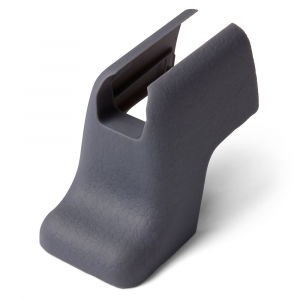
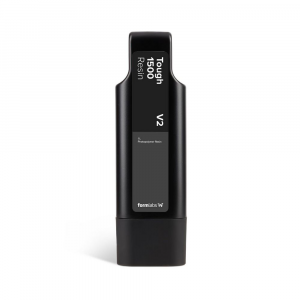
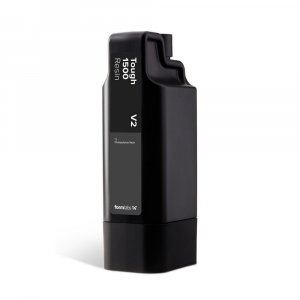


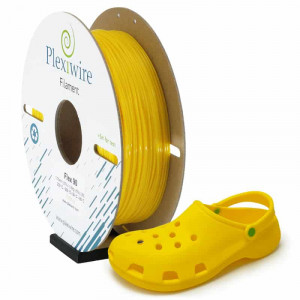
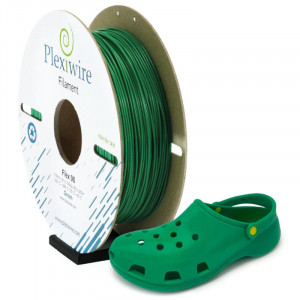
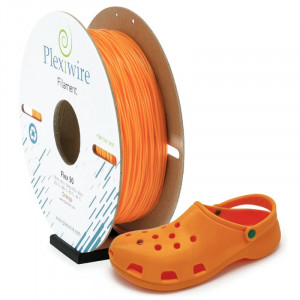
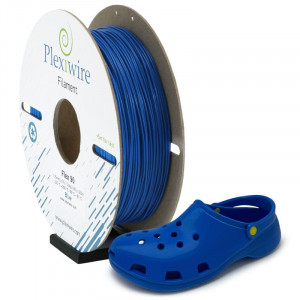
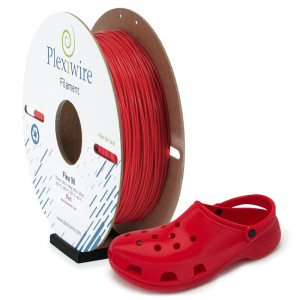
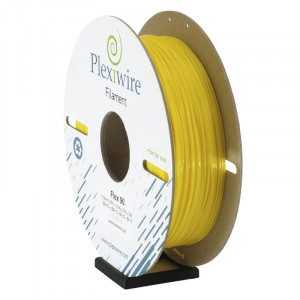
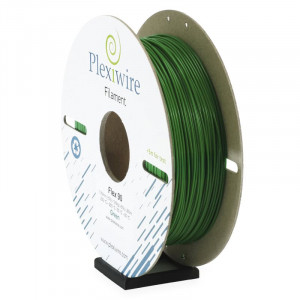
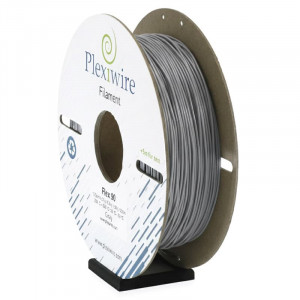
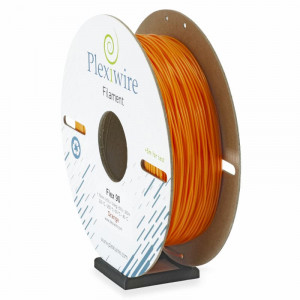
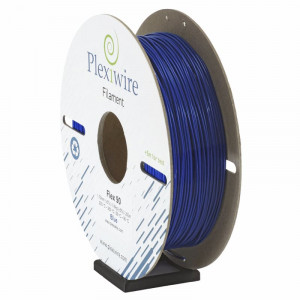
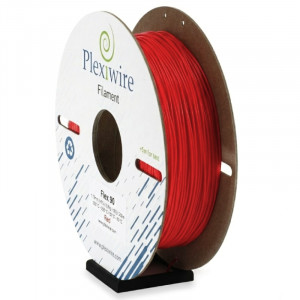
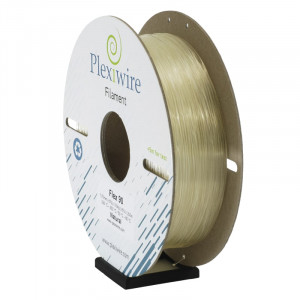
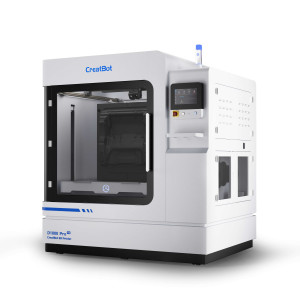
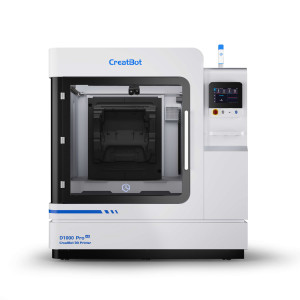
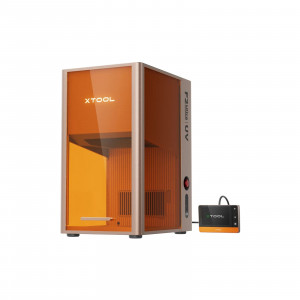
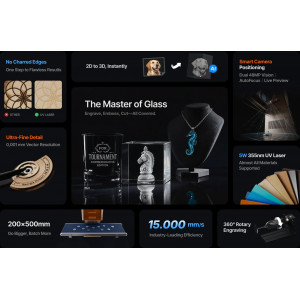
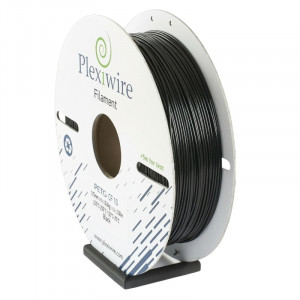
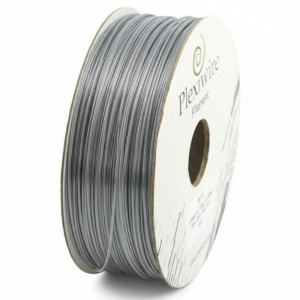
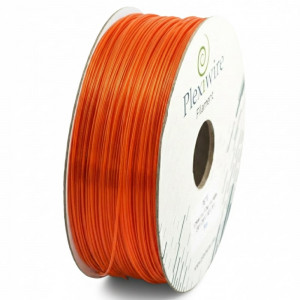
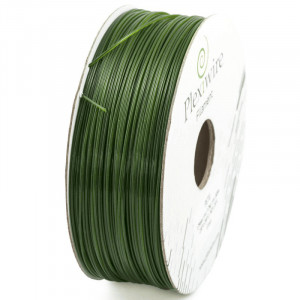
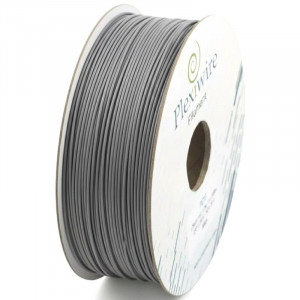
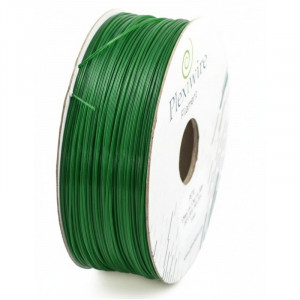
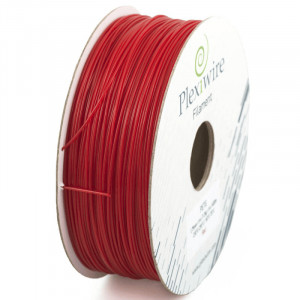
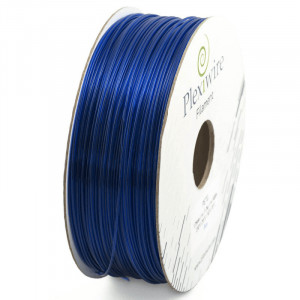
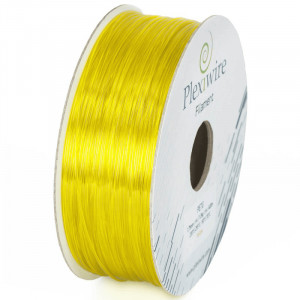
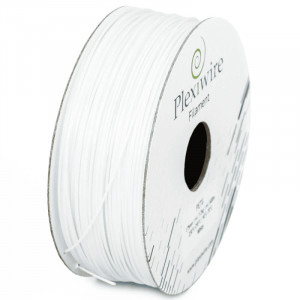
Leave a Comment